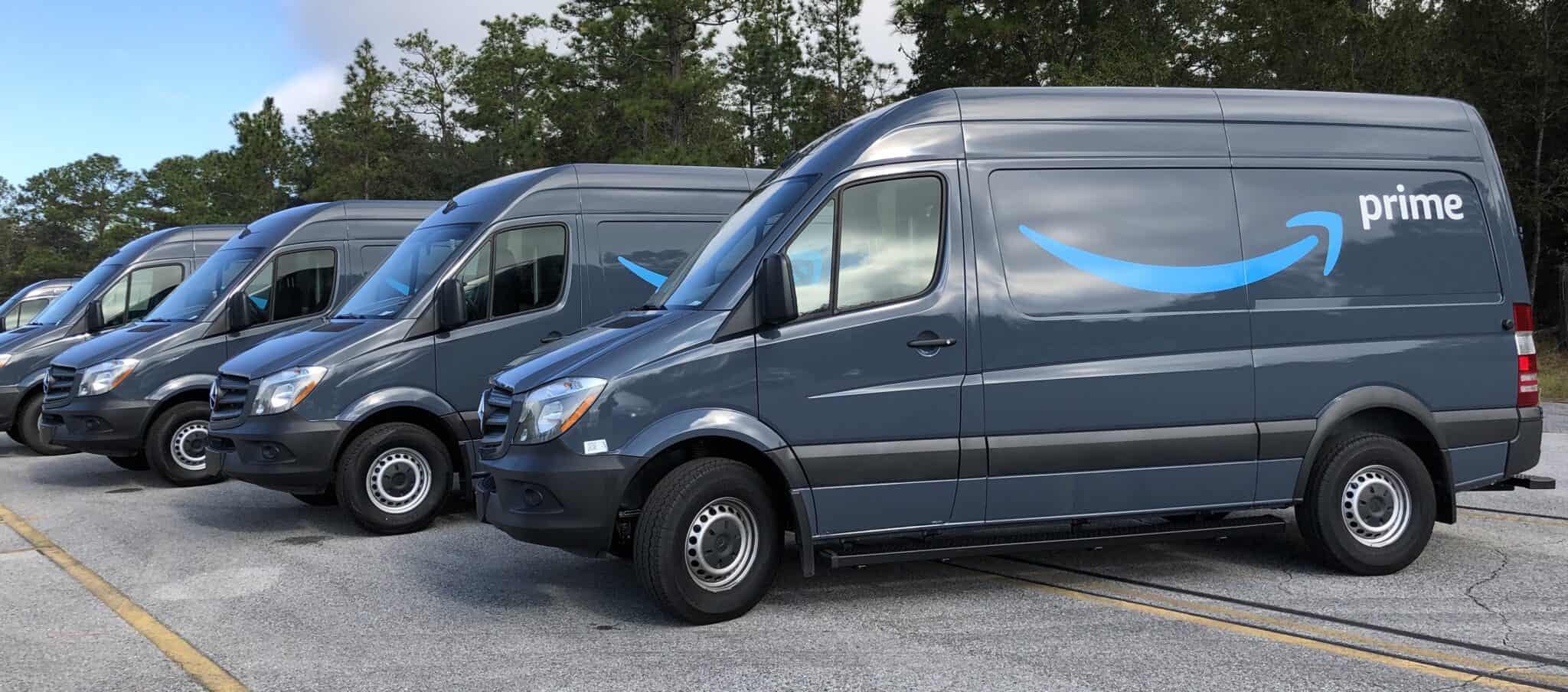
Fred Messner is a student at Harvard Law School.
In keeping with a months-long trend, the past week witnessed a fresh set of revelations of past and present labor abuses by Amazon. Looking backward, the NLRB recently found that the company violated the National Labor Relations Act when it fired two employees who had become outspoken critics of Amazon’s working conditions and approach to climate issues. The two employees, Emily Cunningham and Maren Costa, had been working as product designers at Amazon’s headquarters in Seattle when they joined Amazon Employees for Climate Justice, an organization of almost 9,000 Amazon workers committed to pushing the company on sustainability issues. Amazon fired Cunningham and Costa after they began speaking publicly about the company. While the NLRB has not yet sanctioned Amazon, it has informed the parties that it will bring an unfair labor practice complaint against the company if the case is not settled.
The New York Times published an extensive report this morning detailing the growing pushback against Amazon’s despotic control of its workers across its different operations nationwide. In a series of actions that have begun to “pile up,” the company is facing challenges ranging from class action lawsuits by warehouse workers to enforcement actions by state and local employment regulators to ever-growing calls in Congress for federal-level regulation. To take just one example, the California Labor Commissioner recently launched an enforcement action against one of the company’s logistics contractors for widespread wage theft. And, as Kevin described yesterday, the company continues to face criticism over its pace-of-work policies that frequently bar workers from using the bathroom on company time.
These abuses are of particular concern given Amazon’s increasing dominance of private sector employment. As the Wall Street Journal reported yesterday, the “net gain in jobs for 2020 wouldn’t have happened without” Amazon. While the company was adding more than 400,000 workers last year, other large employers like General Electric and Marriott shed large numbers of jobs. Altogether, the company added almost as many workers as all other large employers with positive job growth in 2020. With the company becoming such a large—and nearly monopsonistic—employer, organization, regulation, and enforcement are crucial to ensure its growth supports prosperity and dignity.
Finally, workers at Amazon’s Rochester, NY-area distribution center staged a small walkout on Easter Sunday to protest wage and discipline policies that force drivers to skip breaks and “urinate in Gatorade bottles.” The walkout was precipitated by a video posted by a driver on Reddit. Among the many abuses he described, Amazon drivers “are underpaid and yet Amazon is always giving us a higher workload.”
Elsewhere, Bloomberg Law reports that the “Coalition for Workforce Innovation,” an employer association that includes gig companies like Uber, Lyft, and Postmates, has brought suit in Texas seeking to prevent the Biden administration from abandoning a proposed Labor Department rule that would make it easier for businesses to classify workers as independent contractors. The rule, which was initiated under the Trump Administration, would have reinterpreted the Fair Labor Standards Act and imposed a new, more employer-friendly methodology for determining whether workers count as employees under the FLSA and are therefore entitled to the minimum wage and overtime pay. While observers see the employers’ case—which relies primarily on procedural requirements contained in the Administrative Procedure Act—as unlikely to have much purchase in the courts, they emphasize that the lawsuit’s likely aim is not necessarily to revive the rule but to “raise the cost of changing” it.
Finally, The Washington Post details rising dissatisfaction with the Biden Administration among conservative business owners. Among their dubious grievances is a sense that “generous unemployment benefits had hurt the recovery by making labor scarce.” In other words, “workers were better off cashing more-generous unemployment checks than taking paying jobs.” According to one critic, the owner of a Mexican restaurant in suburban St. Louis, one of her suppliers had begun doing deliveries on their own to compensate for numerous resignations in their driver corps. This dynamic, to the extent it exists, is of course a feature, rather than a bug, of a semi-universal benefit like the stimulus. At the same time, the fact that the clear solution for employers—raising wages—does not even appear to factor into their calculus adds further urgency to the fight for a unionized workforce and a higher statutory minimum wage for nonunionized workers.






Daily News & Commentary
Start your day with our roundup of the latest labor developments. See all
April 24
Workers in Montreal organize the first Amazon warehouse union in Canada and Fordham Graduate Student Workers reach a tentative agreement with the university.
April 23
Supreme Court hears cases about 10(j) injunctions and forced arbitration; workers increasingly strike before earning first union contract
April 22
DOL and EEOC beat the buzzer; Striking journalists get big NLRB news
April 21
Historic unionization at Volkswagen's Chattanooga plant; DOL cracks down on child labor; NY passes tax credit for journalists' salaries.
April 19
Alabama and Louisiana advance anti-worker legislation; Mercedes workers in Alabama set election date; VW Chattanooga election concludes today.
April 18
Disneyland performers file petition for unionization and union elections begin at Volkswagen plant in Tennessee.